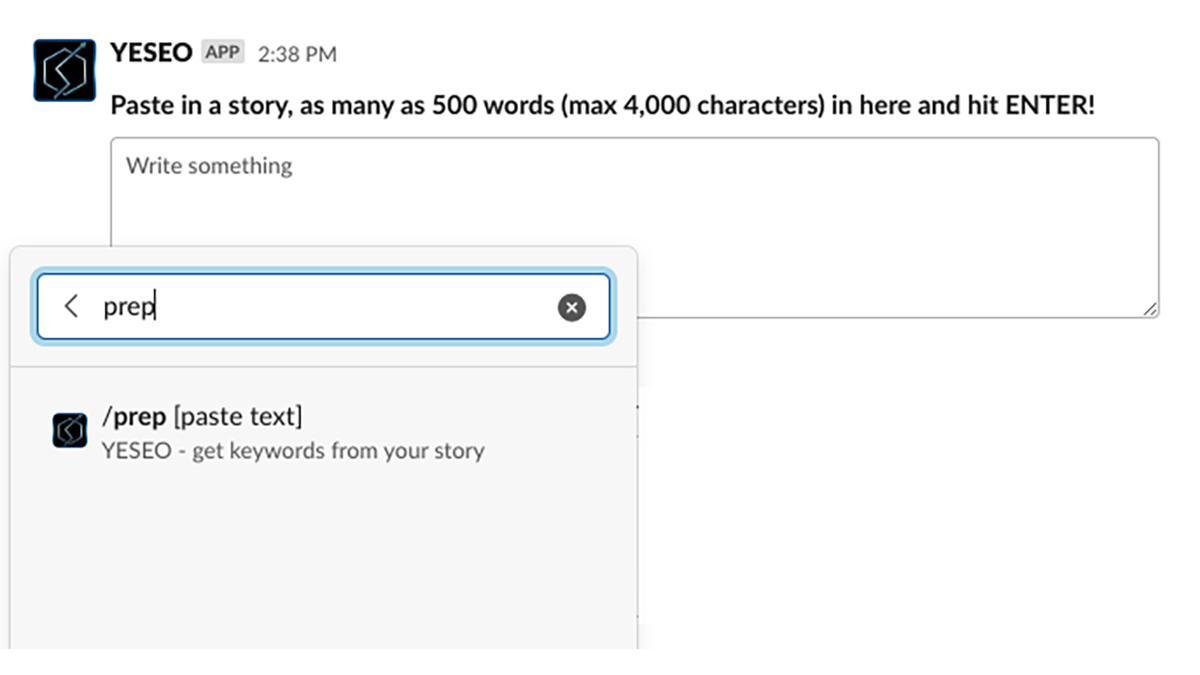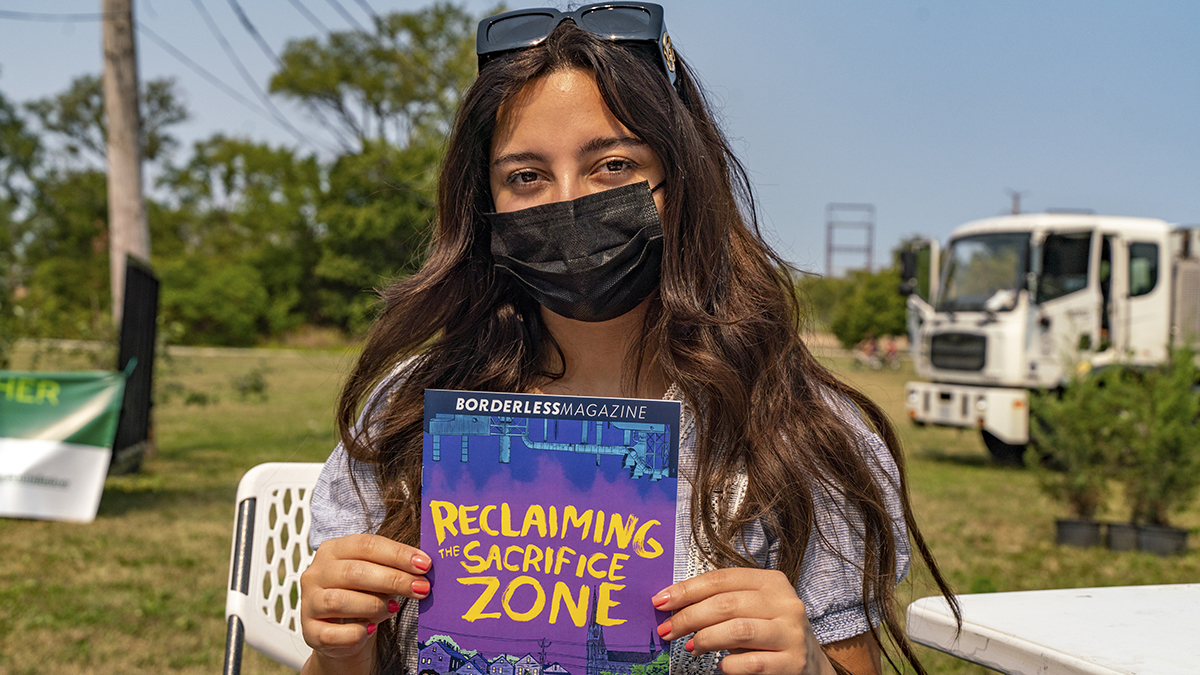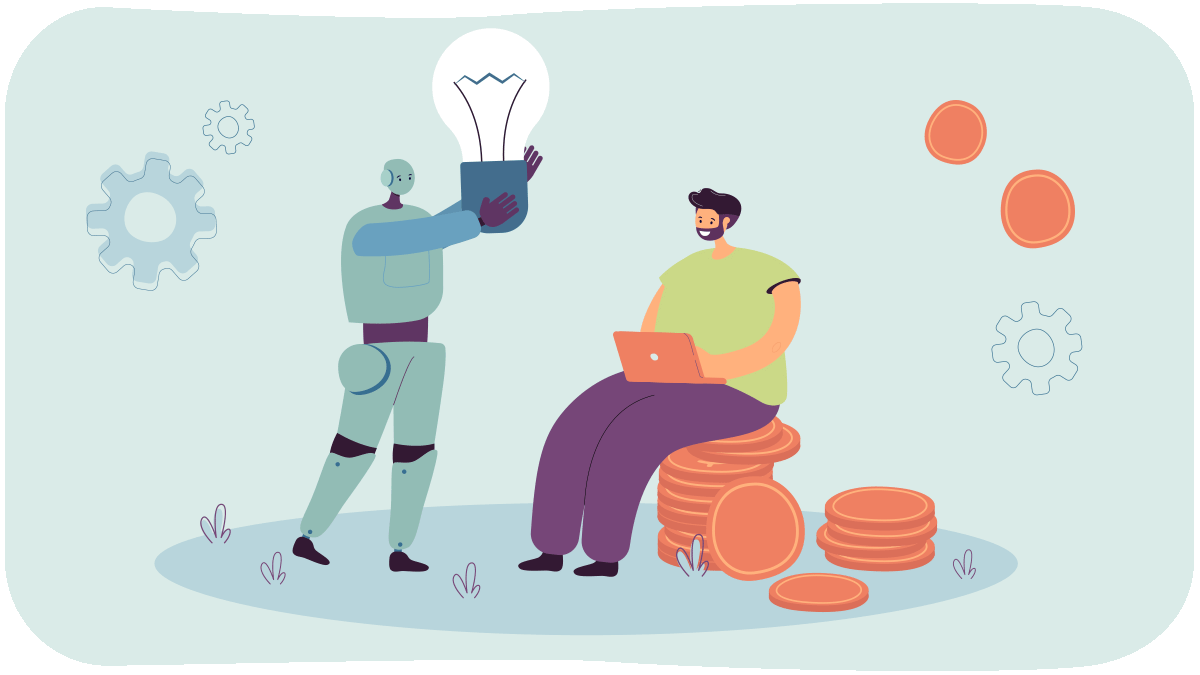
RJI Fellowships
How a Chicago News outlet changed its approach after community listening
Listening is just the beginning. News outlets must also make changes to their editorial and engagement strategies in response to what their community says.
Let’s look outside our industry for wisdom on succession planning
What religious leadership transition can teach journalism.
Building a resource-sharing community
Why collaboration and accessibility are at the core of the Journalism Source of Safety project.
Making the case for youth media to newsroom leadership
Why youth media is worth the investment.
Funding your youth media program
Youth media programs can open up new funding opportunities for public media stations.
How I preserve user privacy in the YESEO bot
Breaking down each bot command with the privacy, data and share options.
Ten things to include in your engagement kit
What to bring whether you’re tabling or sending out field canvassers into your community.
Covering Muslim holidays fosters trust and inclusivity
How are holidays and special events being covered?
Different ways to represent Muslims in journalism
Sometimes, you need go beyond what is mainstream to unearth new stories.
Adding pre-publish options to the SEO Slack tool
Using keywords, AI and automation for pre-publish insights.
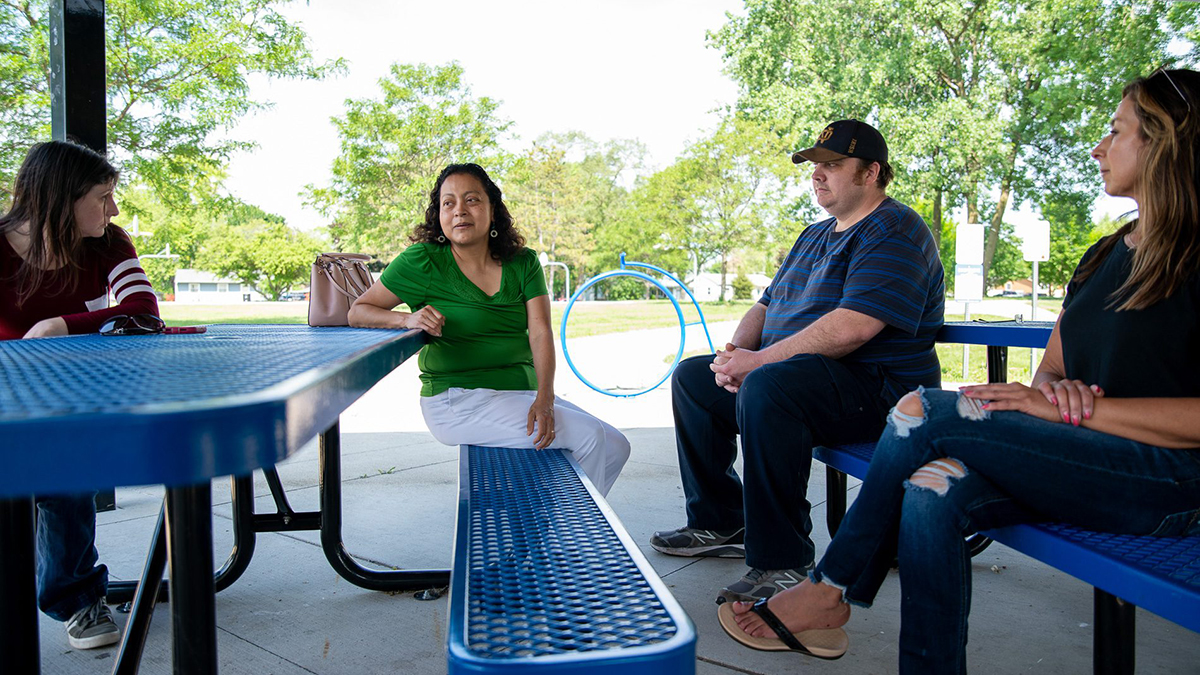

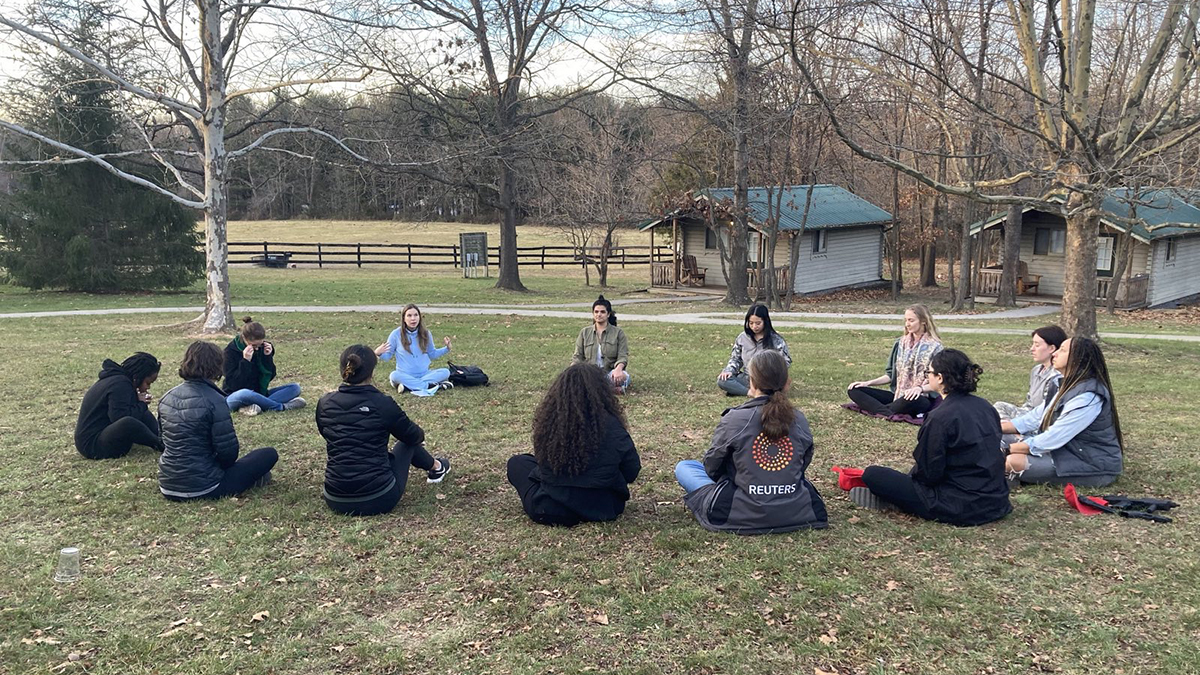
![Journalist Esmy Jimenez [right] with a student participating in a RadioActive Youth Media workshop in Yakima, Washington. Photo: Kelsey Tolchin-Kupferer](https://rjionline.org/wp-content/uploads/sites/2/2023/02/heiseytolchinkupferer23022005.jpg)
![Eriberto Saavedra Felix [left] and Marian Mohamed record audio as part of an activity with KUOW’s RadioActive Youth Media on July 8, 2019 in Seattle, Washington. Photo: Kelsey Tolchin-Kupferer](https://rjionline.org/wp-content/uploads/sites/2/2023/02/heiseytolchinkupferer23021001.jpg)
